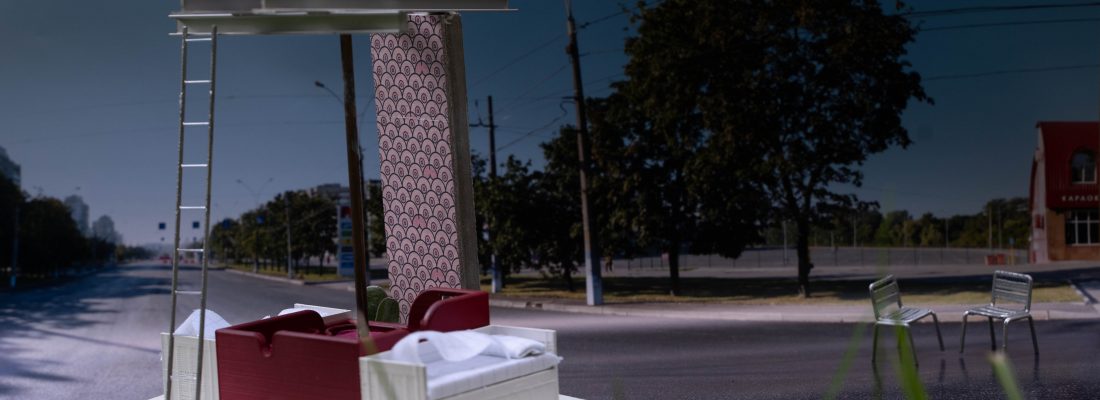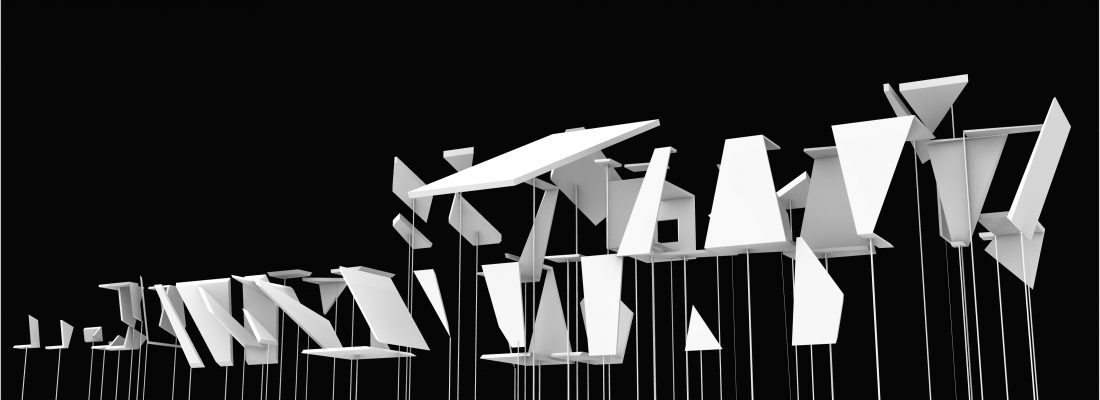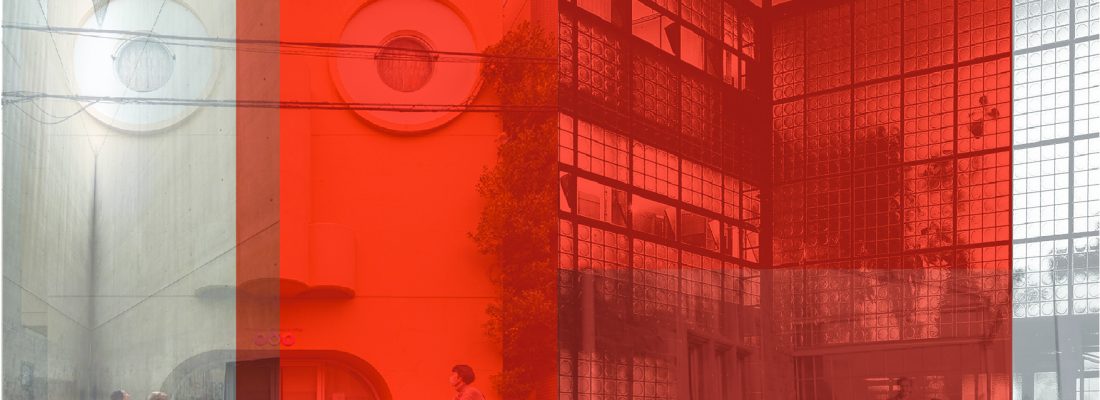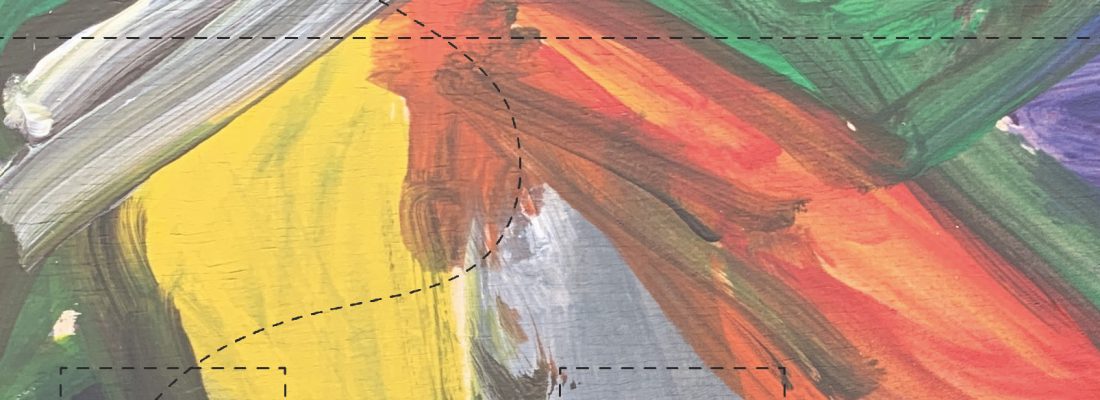
A fresh Start – A Story of a Colony / Hanna Mattila
On the current path of the Colony the day is starting to turn into night. Or to be exact, the day on the planet earth is starting to turn into night and on the colony that means that lights are beeing dimmed into night mode to simulate the cycle of earth. On the Colonys current […]
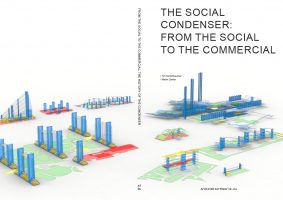
The Social Condenser: From the Social to the Commercial / Martin Danler & Tim Kerschbaumer
A breeding ground for a modern and refined inhabitant. That is the quintessential definition of a social condenser. Of course it is not the only one. There is a multitude of different definitions that all incorporate different facets of the social condenser and what its target was. The trouble with a comprehensive definition of the […]

Urban Optimisms / Lisa-Katharina Brunner & Katharina Mayr
The megastructures envisioned in the 1950s and 60s were solutions to the problems the world faced around this period. There was an immense need for housing after the Second World War and at the same time an enormous growth of population. The conventional methods of city planning were not considered as being able to cope […]

Rebelling Furniture / Johanna Babel & Verena Santer
Rebelling Furniture is a book about the avant-garde history of interior design, showing up different approaches to change the traditional design techniques during the time of the 1960s until the end of the 1970s. Due to cultural and political changes designers saw the necessity to change the world of interior design by creating new types […]
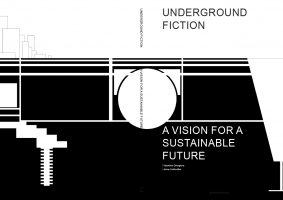
Underground Fiction / Georgieva & Koblmueller
Today technology is predominant almost in every part of our lives, there are areas that are unthinkable without it, but the more we are getting used to it, it seems like the more we are losing ourselves in it and we get easily tempted to the idea of even more comfort. And it is up […]

Radical Housing / Lisa Irrgang & Maxime Victor
„The right to the city is far more than the individual liberty to access urban resources: it is a right to change ourselves by changing the city. It is, moreover, a common rather than an individual right since this transformation inevitably depends upon the exercise of a collective power to reshape the processes of urbanization. […]
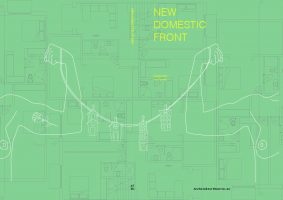
New Domestic Front / Svetlana Ster & Ana Paisana
Ever-Changing Society A revolution is an event that changes the world, countries, society and, above all, changes each one of us. It is something that must be taken seriously. It is a protest of a whole society revolted, on a large scale. Throughout the evolution of the world, there have been many events which we […]
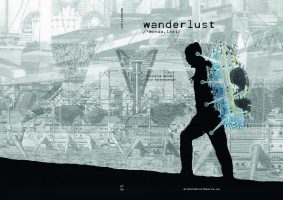
Wanderlust / Christine Gasser & Nina Rattensperger
NOMADISM a rootless, nondomestic, and roving lifestyle.(http://www.thefreedictionary.com/nomadism) This research deals with nomadism, the nomad himself but, as it is about avant-garde architecture, in particular with the nomadic territory. The starting point will be a short introduction why we see nomadism as a main point in avant-garde practices and what the nomad as figure symbolized for […]
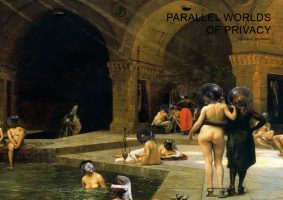
Parallel Worlds of Privacy / Nikoloz Jabadari
PRIVACY the state or condition of being free from being observed or disturbed by other people and the state of being free from public attention. People have been living together for ages. Being nomads, we used to move from one place to another, in the search of food, making a living, but at some point, […]
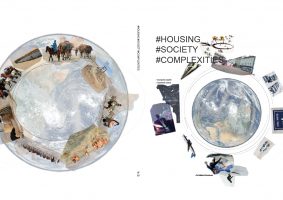
#Housing#Society#Complexities / Sophie Gumpold & Diana Tschenett
#housing#society#complexities refers to changes in society, how they shape architecture and the influence architects can have on communities through housing projects. Varied case studies supported by theoretical work of sociologists, economists and philosophers were the basis for trying to define tendencies in housing.
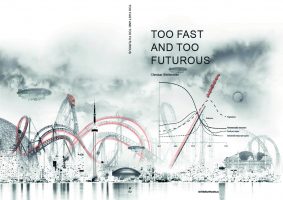
Too fast and too futurous / Christian Weittenhiller
„Avant-Gardists are people that don‘t know where they want to go, but they are the first ones there.“ (Roman Gard, french writer) The avant-garde. A global chapter in art and a difficult one. To define a general theory that covers the totality of the phenomenon is close to impossible. And many considerable theorists struggle to […]

Cybernetics: An ever changing Continuum / Julia Farolini & Theresa Mörtl
Since the world war II and the rise of the machines, cybernetics often varied from utopian to dystopian visions regarding its historical context. Nowadays even the thought of an everyday life renouncing the support of technology appears to be impossible if not actually the worst-case scenario for most of our modern society. Irrelevant which spheres […]


